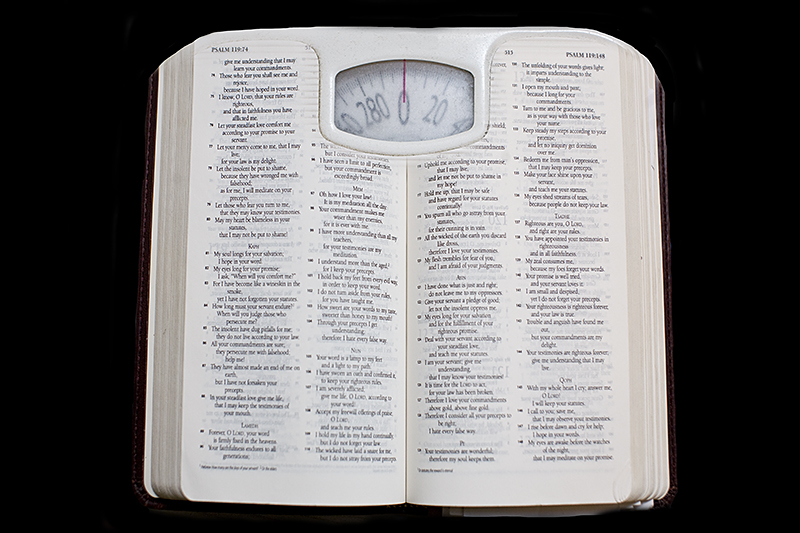In a controversial medical study done by Northwestern University’s Feinberg School of Medicine, a correlation was found between religiously devout young adults and middle-aged obesity.
The study, led by Matthew Feinstein, lead investigator and researcher of Northwestern’s School of Medicine, tracked 2,433 men and women for 18 years. The study found that 50 percent of the young adults that attended at least one religious event weekly are more likely to be obese. Feinstein hypothesized that the association of unhealthy foods with church fellowship could be a large factor for the cause of obesity.
Fellowship over food in moderation
Rachel van Niekerk, an assistant professor of nursing at Biola, said she thinks that Christians shouldn’t just cut out things like potlucks; churchgoers should be more aware of what they are eating overall.
“It’s natural for us to fellowship over food, although everything should be in moderation. We need to be aware of our intake,” Niekerk said. “We need education about how we can make good food choices with what we have.”
Religious people live happier lives
The Northwestern researchers found there is also a positive side to being religiously involved. People who are religious tend to live longer and happier lives because of the abstention from smoking, drinking and other practices that would be detrimental to their physical health.
According to a 2010 study by Chaeyoon Lim, assistant professor of sociology at the University of Wisconsin-Madison, 33 percent of people who attend religious services every week and have three to five close friends in their congregation were reported as being “extremely satisfied” with their lives.
Relationship between physical, spiritual health
Freshman Jordan Lynn, a biology major, said she believes that Christians view diet and exercise as something that is not only dealing with physical health, but spiritual health as well.
“The Christians around me look at diet and exercise more holistically,” Lynn said. “Non-Christians’ approach to diet and exercise seems more self-centered, whereas Christians see their bodies as temples.”
Other factors influencing obesity
A 1998 study by Purdue University sociologist Kenneth Ferraro found that the factors of class, ethnicity and marital status were central influences on obesity, but Ferraro saw religion as a similarity that frequently occurred between participants of this study. Ferraro stated that out of the people who were included in the study, Baptists tended to be the most overweight.
Ferraro wondered in the study if food was an indulgence most pastors failed to see or acknowledge because they are usually dealing with people who are recovering from alcohol, drugs and other various sins. Some pastors are looking out for their congregations’ health. Rev. Rick Warren of Saddleback Church has launched a weight loss program called The Daniel Plan.







